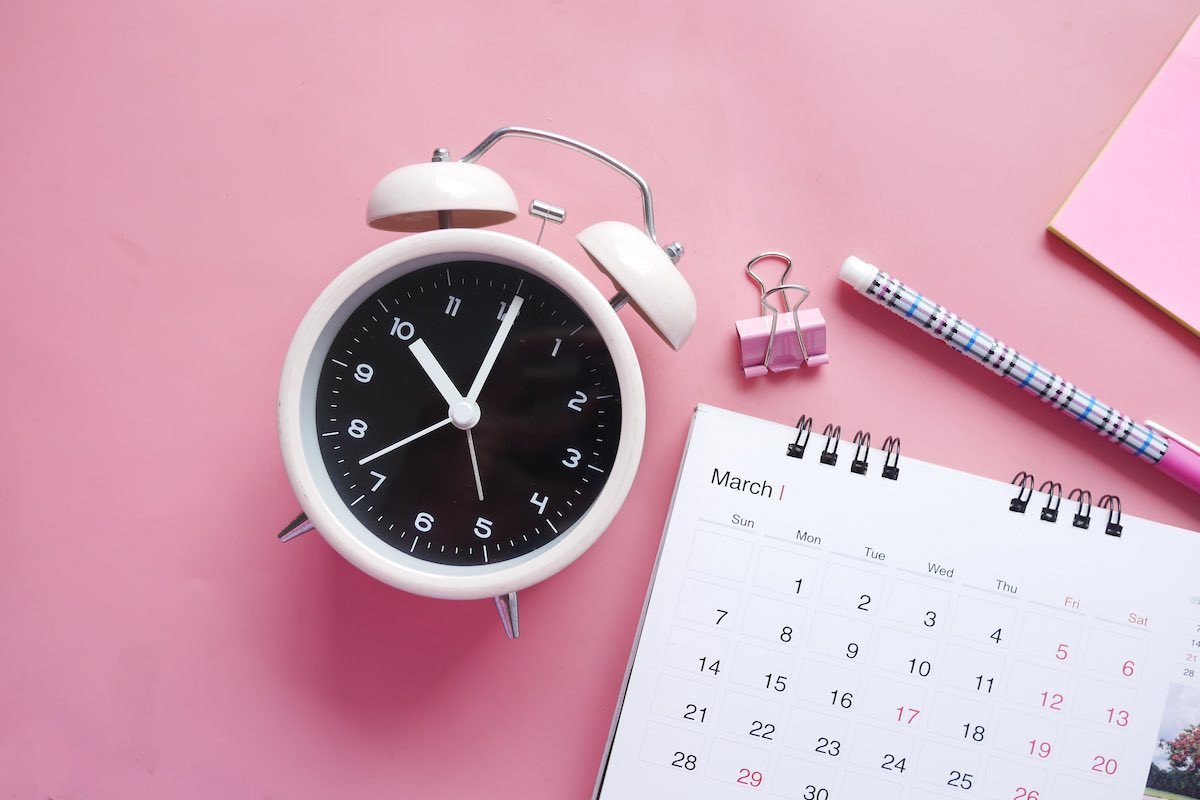We all wonder about money, but how often do we actually ask? We've researched the best financial advice out there to bring you some clarity.
Money is stressful. In a world where inflation is always climbing and home ownership seems more out of reach than ever, understanding money is so important.
Whether splitting a birthday brunch between twelve college friends, navigating student debt, or figuring out what a 401k actually is, many of us feel powerless and honestly—a little uninformed about all things money. Seriously, why didn't we learn about this stuff in school?
We tend to avoid or ignore subjects when we are scared of them. When it comes to money advice—especially around debt, saving, and credit cards—we are doing ourselves a huge disservice by pushing it to the side. To fall deeper into debt and continuously make uninformed decisions with our money, we are only hurting ourselves.
That's why we gathered ten of the scariest money questions and did our best to answer them—or find resources for you to go to. Let's talk money, honey.
Table of Contents
1. How Bad Is It If I Don't Pay Off My Credit Card Every Month?
It’s bad. Sorry, but it's true. Just ask FICO.
You need a
good credit score for many things—leasing a car, taking out a loan, or renting an apartment. These are all pretty essential things. Bad credit can hinder you in many ways—and credit collectors are basically trained to kick up your anxiety to sky-high levels.
Pay your credit card every month. If the debt is insurmountable,
make a call to your friendly creditor. You might be able to work out a revised payment plan and steal back those hours of sleep lost due to money stress.
Allow for Emergencies
Credit cards are useful in emergencies when you may not have the cash flow to cover, say, an unexpected car repair bill or an emergency flight home. If you can’t pay down your credit card every month, don’t beat yourself up, but don’t let yourself off the hook either. The sweet spot is keeping your
total balance at 30 percent or less of your credit limit according to the credit-utilization ratio.
The Takeaway
An outstanding balance? Not a huge deal. Just make sure you pay your bill on time and plan a budget that allows you to pay off more than the minimum each month until you’ve got it under control. This is because credit cards have high-interest rates so if you don't make a plan to pay off that debt, it can really hinder your overall financial goals.
Credit cards don’t have to be scary if you’re willing to take a real look at your income, debt, and budget. Read some additional tips on letting go of debt fear over at
The Financial Diet.
2. What Does a Realistic Budget Look Like?
Is there anything more satisfying than sitting at home on a Friday night feasting on Ramen noodles and working on your budget? Oh, literally anything is more appealing than that? We get it.
Building a budget or
planning your finances is scary. It's a real moment of honesty—especially when you take the time to sort through your past spending habits. But do it.
50/20/30
Here’s what changed: I heard about
the 50/20/30 system. 50 percent of your money goes to necessary expenses (rent, utilities, car payment), 20 percent to savings, and 30 percent to flexible spending. And that's it. The flex percentage includes groceries, gas, and drinks and bites out, which works great when you’re single and tend to spend more of your meals out than in.
Give Yourself an Allowance
This is actually one of the
cardinal rules from You Need a Budget—and we like it. Consider "Future You" when building a budget—and when you inevitably adjust your budget. Make the future you happy both in the short term and long term.
3. How Much Debt Is Too Much Debt?
Again, it depends. Student loans are one thing, and you've maybe heard them called "good debt" vs. credit card debt or what is often called "bad debt." This is because the interest rate on student loan debt is significantly less and because the thought is that getting a degree would help you get a higher-paying job.
When it comes to credit, keep your usage to 30 percent or less. For your debt in general (including car loans, real estate loans, personal loans), the target number is 20 percent or less.
Still not sure? Ask yourself these questions to gauge: Can you only make the minimum on your payments? Are you skipping certain bills to pay off others? Are your cards maxed out? Are you living paycheck to paycheck?
If you’re maxed out on one or several cards, come up with a dedicated plan to pay them down immediately. Focus on paying off the card with the highest interest first, then pick the remaining ones off one at a time. Use this
credit payment calculator to help guide you.
4. How Much Should I Actually Be Spending on Fun Stuff?
Look over your past year of expenses to see what you spent on "fun" (ie. nights out, clothing, makeup, or getaway weekends) Build your fun budget with that in mind. But remember this, going over your "fun" budget once does not mean you "failed" and that
your entire budget is dead.
5. How Do I Get Good Health Insurance if I Don't Work Somewhere That Provides It?
You need it, but it’s horrifying right? Take a deep breath. Besides healthcare.gov’s
resources for the self-employed, you can also use the
Freelancer Union’s benefits system to help you determine your options. The key is to not miss important deadlines. And if you have a doctor you love, that's great. Use them to help you narrow down your coverage based on what plans they accept.
6. How Soon Do I Need to Start Saving for Retirement?
If your employer doesn't offer a 401k or similar model, consider allotting some of your monthly savings to a personal retirement account. If your employer offers optional retirement plans, well, it's not optional. By the way, if they also offer matching, go for the max every time because no one should leave free money on the table.
Other retirement options include IRA—both Roth IRA and Traditional IRA options are worth researching. And if you're more advance with your retirement savings, mutual funds, bonds, and more are worth learning about.
When NOT to Start
7. How Much Money Should I Have in an "Emergency Fund"?
Three to six months of post-tax income seems to be the consensus in financial circles. Six months is the ideal, but given that most of us don't have any emergency savings, you're ahead of the curve if you make it half that far.
Read details here.
8. How Can I Save Enough to Take a Big Trip Once a Year?
By setting up a
separate savings account just for that trip. Each week, make a recurring transfer out of your fun money allotment into the account. Watch it add up.
You should also consider areas where you can cut back to achieve your goal. If you skipped two lattes (average price with tip: $4) each week, you'd save $24 a month. That's $288 this year. Try this
30-day money challenge to cut back in other areas.
9. I Already Cut Corners with my Budget (Skipping the Lattes, Packing Lunch...). It's Still Not Enough. What Now?
Simply cutting your avocado toast out of your budget is not going to magically put you into a mortgage-ready position, but nice try selling that one, Boomers.
10. I'm Moving in with My Partner. How Do We Divide Up Our Finances?
Moving in—and
splitting expenses—sounds like it would give a lot of peace of mind, but it can end up being quite the opposite.
Typically, you shouldn’t share accounts if you’re not legally tied to one another. And if one partner has much higher debt than the other, that’s also a no-no. But when it comes to rent and household expenses?
Splitting everything equally certainly seems like the ideal, but we all know how much more complicated relationships are. So don't hold yourself to standards based on what you think people
should do.
Come up with rules that you're both comfortable with.











